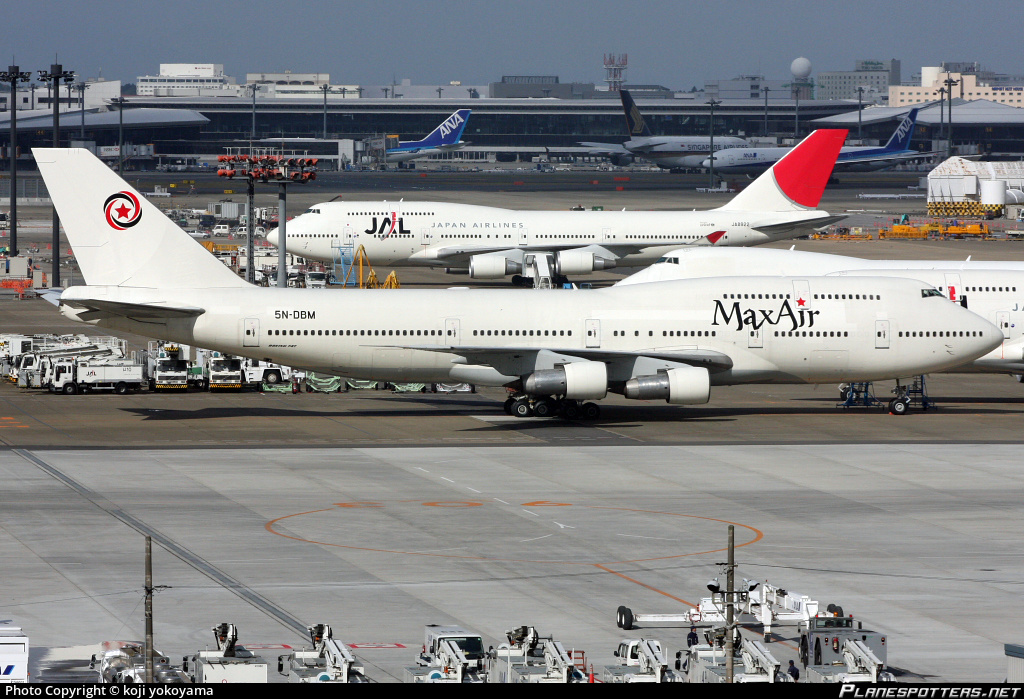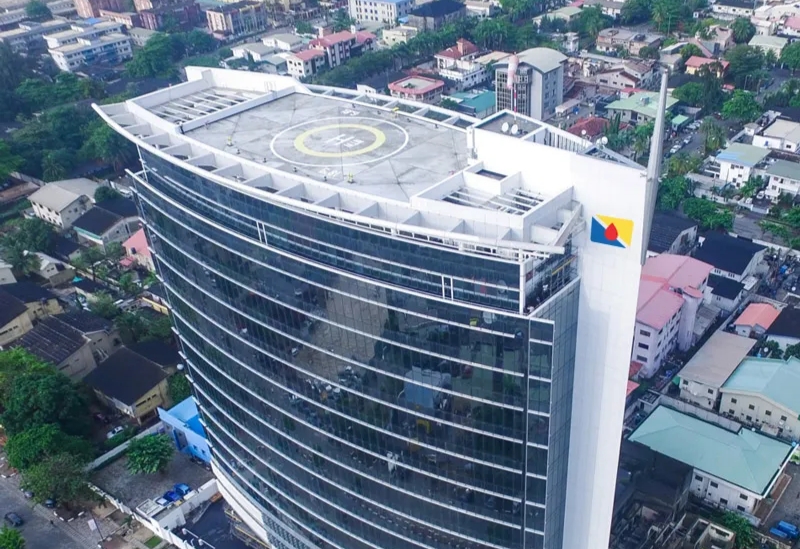The Ghana Water Limited (GWL) has announced the temporary shutdown of the US$126 million Teshie-Nungua Desalination Plant, due to unresolved contractual challenges and the lack of critical maintenance required to ensure safe and efficient operations.
In a statement, Stanley Martey, Chief Manager, PR & Communications of the company, yesterday, Tuesday, October 28, 2025, said the decision was necessary to address long-standing technical and contractual issues that have affected the plant’s ability to operate optimally.
The desalination facility, located along Accra’s eastern coast, has been a major source of potable water for residents in Teshie, Nungua, Spintex, parts of Sakumono, La, and nearby communities.
GWL assured the public that measures have been put in place to minimise the impact of the shutdown. These include rerouting water from other treatment plants and prioritising supply to essential service institutions such as hospitals, schools, and health centres.
“The management of GWL remains committed to delivering safe, reliable, and continuous water supply services to our cherished customers. We sincerely regret the inconvenience caused and assure the public that engagements are ongoing to expedite the resolution of the matter and restore normal operations,” the statement read.
The company further noted that regular updates on progress and service restoration timelines will be shared through its official website, social media platforms, the media, and community representatives.
The history of the Teshie-Nungua desalination plant project is marked by its launch to solve water shortages in Accra, followed by years of operational and contractual controversies that ultimately led to its shutdown.
Work on the US$126 million plant began in November 2012. The project was a public-private partnership (PPP) with a 25-year Build, Own, Operate, and Transfer (BOOT) contract.
The plant was officially commissioned by President John Mahama in April 2015. It was a collaboration between Befesa Desalination Development Ghana Limited (a subsidiary of the Spanish company Abengoa) and Sojitz Corporation of Japan.
The facility was designed to produce 60,000 cubic metres of potable water daily, serving approximately 500,000 residents in Teshie, Nungua, and surrounding areas that had long suffered from inadequate water supply.
In 2017, the Public Utility Workers’ Union (PUWU) criticised the agreement, stating that it was draining the Ghana Water Company Limited (GWCL). Under the contract, GWCL had to pay a fixed monthly capacity charge of approximately US$1.4 million, regardless of whether the plant was operational.
The costly contract and inflated pricing led to claims that the project had been designed to “milk the country” through a bad deal.
Residents often complained that the water was too salty and of poor quality, rendering it unsuitable for many household uses. The plant experienced persistent technical failures due to corrosion, resulting in costly maintenance and frequent shutdowns.
The GWCL first shut down the plant in January 2018 because of high operational costs and persistent contractual challenges. This triggered acute water shortages in affected communities.
In 2020, the Government of Ghana officially terminated the controversial contract with Befesa, citing the plant’s financial burden on GWCL. The move was widely seen as a necessary step to halt the economic drain on the state water utility.
For assistance, enquiries, or to report supply concerns, the public is encouraged to contact the following numbers: 0800 40000 (toll-free on Vodafone lines), 0302 2218240, 0207385088, 0207385089, 0207385090, or via the GWCL WhatsApp lines at 0555123393 and 0555155524.
The post Ghana Water shuts down us$126 million Desalination Plant appeared first on The Herald ghana.





